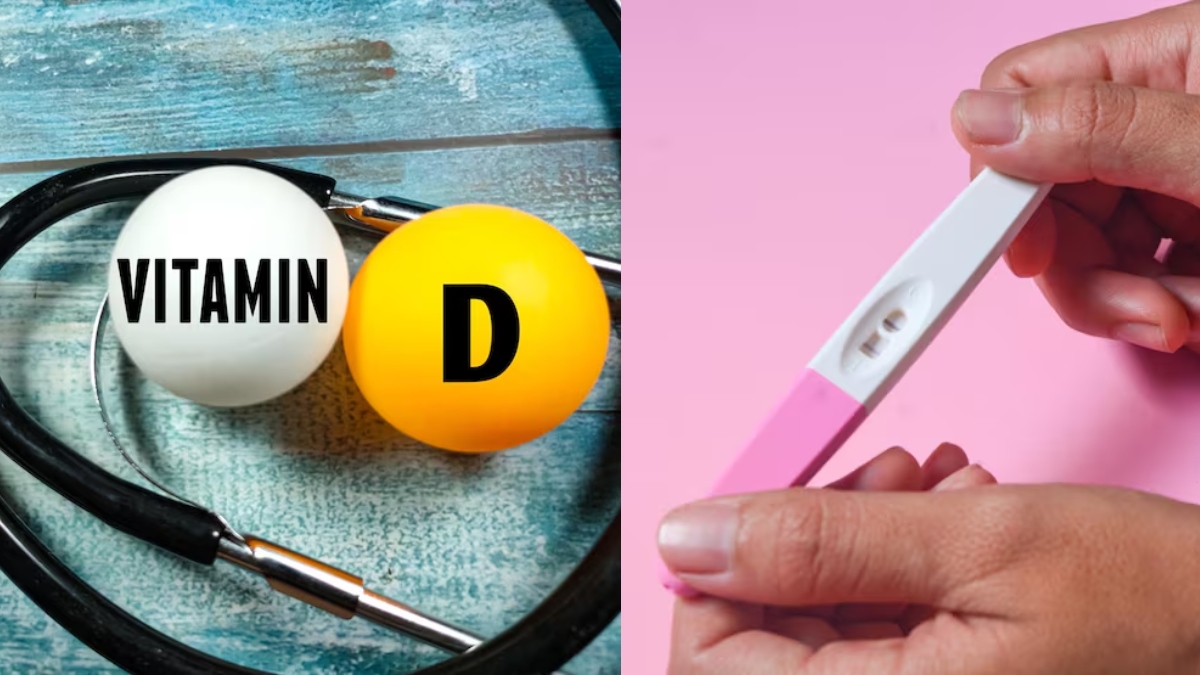
Vitamin D: Key to Boosting Fertility
Infertility can be a challenging journey for many couples in India, where societal pressures to conceive are immense. A lesser-known but crucial factor in this struggle is vitamin D deficiency. Recent research has highlighted that low levels of vitamin D are becoming increasingly recognized as a significant contributor to infertility.
Studies show that women undergoing IVF or assisted reproductive technology procedures often exhibit high rates of vitamin D deficiency. This deficiency is linked to lower pregnancy rates, reduced ovarian reserve, and increased risks of miscarriage. In a country like India, where IVF treatments are becoming more common, addressing vitamin D levels can be a key factor in improving outcomes.
Dr. Kshitiz Murdia, an expert in reproductive health, emphasizes that vitamin D plays a vital role in various reproductive pathways. It aids in follicular development, hormone regulation, and ensuring the endometrial lining is thick enough for successful implantation. Women with sufficient vitamin D levels tend to have higher antral follicle counts, which are essential for IVF success.
The consequences of vitamin D deficiency are serious. Low levels can lead to increased pro-inflammatory markers and poor oocyte quality, diminishing fertility potential. Given the high prevalence of conditions like PCOS among Indian women, monitoring vitamin D levels becomes even more crucial for those facing infertility challenges.
Research suggests that adequate vitamin D during pregnancy can enhance ovulation rates and reduce the risk of miscarriage. However, individual circumstances vary. Factors like age, body mass index (BMI), and specific infertility diagnoses must be considered when evaluating vitamin D's impact on fertility.
Restoring vitamin D levels may offer a simple yet effective solution for many couples struggling to conceive. Regular monitoring and dietary adjustments to replenish vitamin D could be a game changer. Whether through sunlight exposure, dietary sources, or supplements, ensuring adequate vitamin D status should be a priority for couples on their fertility journey.
In conclusion, as the quest for parenthood continues, don’t overlook the importance of vitamin D. It could very well be the missing piece in the fertility puzzle, helping many families realize their dream of having children.










